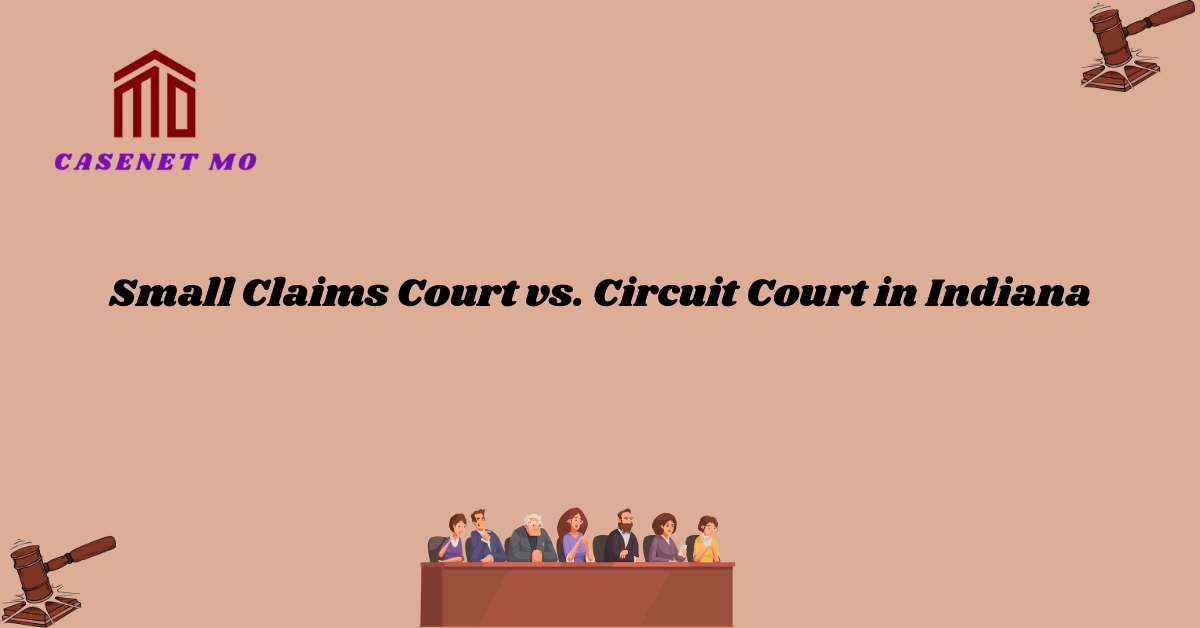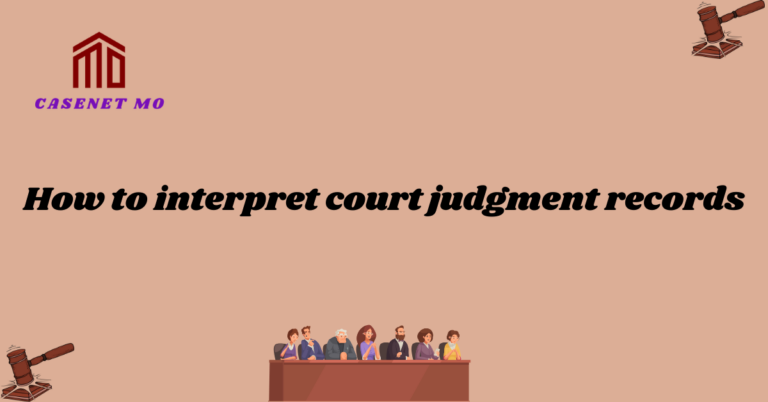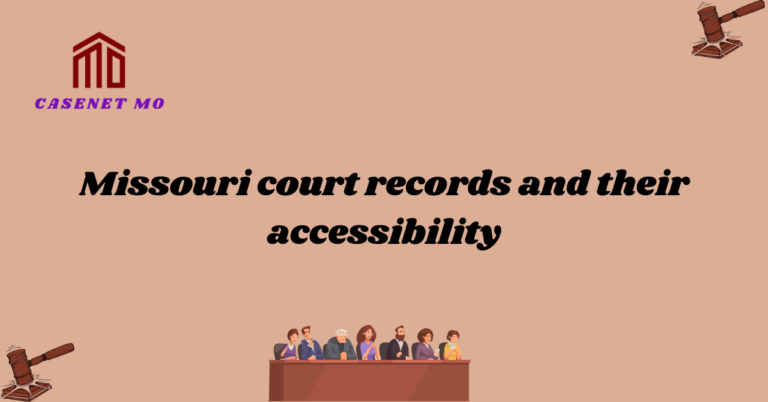Small Claims Court vs. Circuit Court in Indiana
Are you facing a legal dispute in Indiana and unsure of which court to turn to? Understanding the key differences between the Small Claims Court and the Circuit Court is crucial in navigating the complex world of legal proceedings. Whether you’re a seasoned attorney or a first-time litigant, this guide will provide you with the essential information you need to make an informed decision.
In the Small Claims Court, individuals can pursue smaller monetary claims without the need for legal representation. This court offers a simplified and expedited process, making it ideal for resolving minor disputes quickly and efficiently. On the other hand, the Circuit Court handles more complex cases and offers a wider range of legal remedies. Attorneys are often involved in these proceedings, ensuring a thorough examination of the facts and a comprehensive legal representation.
Understanding the Small Claims Court
When facing a legal dispute in Indiana, it’s important to be aware of the options available to you. The Small Claims Court is designed for individuals seeking resolution for smaller monetary claims without the need for legal representation. This court offers a simplified and expedited process, making it ideal for resolving minor disputes quickly and efficiently.
The Benefits of the Small Claims Court
One of the key advantages of the Small Claims Court is its accessibility. Whether you’re a seasoned attorney or a first-time litigant, this court provides a user-friendly environment for all. The simplified procedures and relaxed rules of evidence make it easier for individuals to present their case and receive a fair judgment.
Another benefit is the speed at which cases are resolved. Unlike other courts that may have a backlog of cases, the Small Claims Court is designed to handle cases promptly. This means you can expect a faster resolution and avoid prolonged legal battles.
When to Choose the Small Claims Court
Deciding whether to pursue your case in the Small Claims Court or the Circuit Court depends on the nature and complexity of your dispute. If you have a relatively straightforward case involving a smaller monetary value, the Small Claims Court may be the right choice. This court allows you to represent yourself, saving you the cost of hiring an attorney.
Additionally, if you prefer a more streamlined process and want to resolve your dispute as quickly as possible, the Small Claims Court is the way to go. With its simplified procedures, you can present your case efficiently and receive a judgment promptly.
Exploring the Circuit Court
For more complex cases and a wider range of legal remedies, the Circuit Court is your best option. This court handles a variety of civil matters and often involves attorneys who can provide a comprehensive legal representation.
The Advantages of the Circuit Court
When dealing with intricate legal disputes, having the expertise and guidance of an attorney can be invaluable. The Circuit Court allows for a thorough examination of the facts and legal arguments, ensuring a fair and comprehensive resolution.
In addition, the Circuit Court offers a broader range of legal remedies. If your case requires specific relief, such as injunctions or declaratory judgments, the Circuit Court has the authority to grant these remedies.
When to Opt for the Circuit Court
If your dispute involves complex legal issues, substantial monetary claims, or requires specialized legal remedies, the Circuit Court is the appropriate choice. Attorneys familiar with the intricacies of the law can navigate the complexities of this court, ensuring your case is presented effectively.
While the process in the Circuit Court may be more involved and time-consuming, it offers a comprehensive resolution tailored to the specific needs of your case.
Whether you choose the Small Claims Court or the Circuit Court, understanding the key differences between the two is crucial in navigating the complex world of legal proceedings in Indiana. Consider the nature of your dispute, the desired outcome, and the level of legal representation you require. With this knowledge, you can make an informed decision and approach the appropriate court with confidence.
FAQs
What is the Small Claims Court?
The Small Claims Court is a court designed for individuals seeking resolution for smaller monetary claims without the need for legal representation. It offers a simplified and expedited process for resolving minor disputes quickly and efficiently.
What are the benefits of the Small Claims Court?
One key advantage is its accessibility. Whether you’re a seasoned attorney or a first-time litigant, this court provides a user-friendly environment for all. The simplified procedures and relaxed rules of evidence make it easier for individuals to present their case and receive a fair judgment.
Another benefit is the speed at which cases are resolved. Unlike other courts that may have a backlog, the Small Claims Court is designed to handle cases promptly, ensuring a faster resolution and avoiding prolonged legal battles.
When should I choose the Small Claims Court?
Deciding whether to pursue your case in the Small Claims Court or the Circuit Court depends on the nature and complexity of your dispute. If you have a relatively straightforward case involving a smaller monetary value, the Small Claims Court may be the right choice. This court allows you to represent yourself, saving you the cost of hiring an attorney.
If you prefer a more streamlined process and want to resolve your dispute as quickly as possible, the Small Claims Court is the way to go. With its simplified procedures, you can present your case efficiently and receive a judgment promptly.
What cases are usually tried in Indiana’s Small Claims Court?
Small Claims Court in Indiana usually handles cases such as landlord-tenant disputes, small contract disagreements, property damage claims, and cases involving personal injury or debt collection, among others. The maximum amount that can be claimed varies by state but is generally relatively low compared to Circuit Court.
How do I file a case in Small Claims Court in Indiana?
To file a case in Small Claims Court, you typically need to fill out the appropriate forms provided by the court clerk’s office. These forms will require information about the parties involved and details of the dispute. You’ll then need to file the forms with the court, pay any required filing fees, and serve notice to the other party.







